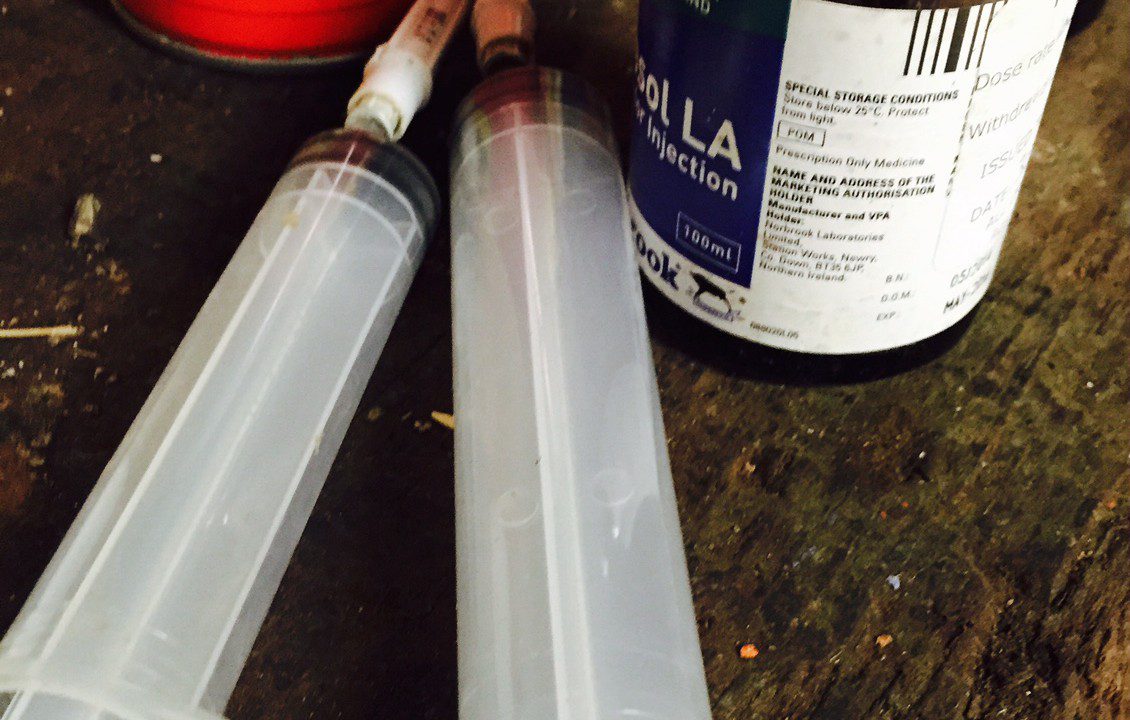Why are the vets getting so heated up as to who owns the practices they operate out of?
There are plenty of examples, from countries around the world, to confirm that delivering a professional service does not require a bespoke practitioner to head-up the business in question.
A case in point is my local chemist shop. I know for a fact that the owner of the operation is not a pharmacist. However, there is always a team of professionally qualified staff on-hand to deal with prescriptions and all customer queries.
One could argue that an influx of business acumen and money could do a lot to improve the level of service actually offered by Ireland’s veterinary profession.
And, let’s be clear about this, such a development would offer better hope of a buy-out for older practitioners with no successor coming through.
It’s a fundamental law of commerce that businesses should be run by business people with a proven ability to run them efficiently.
‘Big business’
In truth, vets have many talents. But, in lots of cases, business nous comes well-down their list of strengths.
Reducing a commitment to provide out-of-hours services would seem to be a case in point.
Personally, I don’t get this at all. Farmers are not stupid. If they feel their veterinary practice is not delivering to the standards required, then they can take their business somewhere else.
The dairy co-ops might be interested. Organisations such as Glanbia already own a network of farm shops. Investing in veterinary services would expand their business interests. It would also bring farmer-control to bear within the sector – which would not be a bad thing.
Definitely ruled out are the meat plants as they could, technically, end-up having members of their own staff employed in an official inspection capacity within the factories they operate. This would be a clear clash of interest.
But, irrespective of who owns a veterinary practice, only qualified veterinarians must be left to decide upon the treatment options followed with animals; the interpretation of all welfare codes; and the setting of all professional standards within a business.
